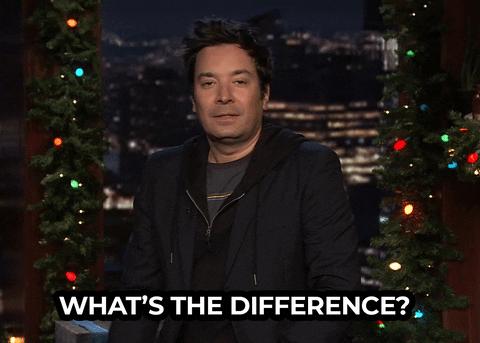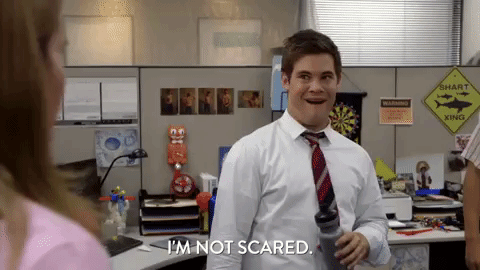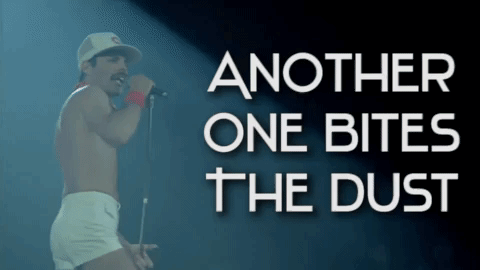
0 result
Another bank has fallen. This time it was First Republic Bank. It’s the second largest bank failure in U.S. history — behind Washington Mutual in 2008. And it’s the third bank failure this year, behind Silicon Valley Bank and Signature bank. Note, this list of often cited sizable bank failures does not include Bear Stearns, Lehman Brothers, Fannie Mae, or Freddie Mac, because they were not banks in the technical sense but each had balance sheets that far surpassed WaMu in size.
Similarly, other (mainly West Coast) regional banks have been in the news due to dropping stock prices and/or rumors of an impending failure or sale, like Pacific West.
So...what does it all mean? Will there be more? And when should I worry?
Let’s unpack what’s been happening over the last couple weeks.
My team and I help startup employees manage their equity and finances. Learn more about our advisory services here.
Unlike Silicon Valley Bank, First Republic’s failure was like a train coming to a slow halt. In other words, it teetered for some weeks before finally falling.

Silicon Valley Bank’s overnight bank run forced FDIC to close its doors and they guaranteed all deposits over the 250K limit. They did this to contain further fall out, knowing that if all that capital evaporated it would have immediate impacts on companies (mainly startups) that used the bank, as payroll was due the following week.
This time, the FDIC took a different approach that everyone hopes preserves value. After First Republic reported earnings and the extent of the deposit withdrawals became clear, the stock plummeted and the FDIC brokered a sale to JP Morgan over the weekend.
Why does that matter? By selling First Republic to JP Morgan, the FDIC doesn’t have to deal with selling off the loans and bonds on First Republic’s balance sheet. When someone is a forced seller of an asset, they typically have to take a lower price than they otherwise would have because everyone knows they MUST sell. Rolling First Republic into JP Morgan means that doesn’t have to happen, which should preserve value.
My opinion — and that of other experts — is that we’re not in a severe crisis. Could there be one? Sure, I can’t predict the future, but it’s not anything like the 2008 crisis.

2008 was a systemic house of cards that brought nearly every financial institution to the brink of failure. Since that time, regulations have been put in place to make the system more resilient. So far, those regulations seem to be working. Increased capital requirements have substantially reduced the leverage in the system since 2008, which means there’s more buffer for losses to be absorbed this time around.
Additionally, unlike the 2008 financial crisis, this banking blip is extremely straightforward. It’s a duration issue. Bank balance sheets are composed of relatively long-term bonds and loans on the asset side and relatively short-term deposits and other debts on the liability side. When rates rise, the longer duration bonds and loans fall in value. The liabilities don’t. The bonds are not at risk of default, it’s just that their value today (if they were sold) has declined because interest rates have risen. We know where the holes are, whereas in 2008 the credit problems were poorly understood and hidden, so it was difficult to know what anything was worth, leading to increased panic.
If your bank is seemingly in trouble, take comfort in the fact that no depositor has ever lost a penny of insured deposits since the Great Depression. In the case of the Silicon Valley Bank failure, the FDIC even insured deposits above the $250K limit for the reasons I mentioned above.
The shareholders and bondholders in failed banks have lost their investments (as it should be), but the depositors have been protected every time up to the insured limit and sometimes beyond the insured limit.

It’s a confidence game. When banks lose the confidence of their depositors and have to sell their assets to meet the withdrawals from those fleeing depositors, they fail. If depositors feel confident enough to leave their money in the bank, the bank doesn’t fail.
One common thread through the banks that have failed thus far is a high percentage of uninsured deposits (over that $250K limit) and assets with long maturities (i.e. sensitive to interest rate increases). It’s harder to maintain the confidence of your customers when their deposits are uninsured. And the more sensitive your assets are to interest rate changes the worse off you are when those depositors pull their money.
It’s possible, but in every failure so far, it’s the bank investors who lose, not the customers of the bank. Rising interest rates hurt the value of bank’s assets and are a major factor. But again, that only really matters for the bank if everyone demands their money back at nearly the same time. If they don’t have to sell the assets at a loss, they can keep holding them to maturity, collecting the principal and below market interest but collecting it nonetheless.

Banks with a lot of low-yielding assets might have a hard time generating profits while rates are high. But it’s not necessarily an existential crisis.
The main risk I see is that banks may pull back from lending since they are under stress and might want to de-risk. That could hurt the economy. But the extent of that damage is uncertain, and is being closely monitored by the Fed and other actors who have the ability to encourage lending again, if needed.
Again, the self-fulling prophecy angle could continue to come into play if depositors — both institutional and everyday people — pull their money from checking and savings accounts. If that happens, it would likely hit smaller regional banks and not the behemoth “too big to fail” institutions.
Ultimately, these bank failures are fairly straightforward in their causes and their resolutions. I’m rooting for all the banks, big and small, because we live in an interconnected world. So far, the FDIC and post-2008 regulations seem to be doing their jobs of preventing disorderly unwinds and contagion.
Things we’re digging: